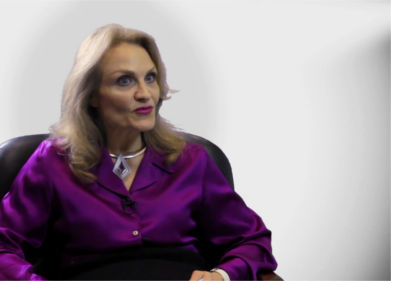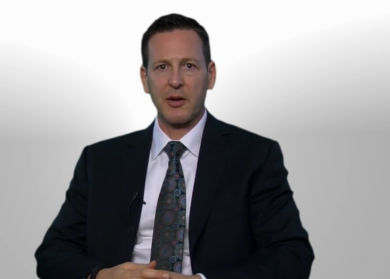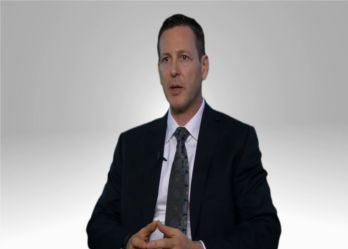Sudden Events that Could Leave Your Business Desperately Treading Water
Correct Mindset in Business Decisions | Arizona
Michelle Lombino
Mindset in Deals versus Litigation
Hello, I’m Michelle Lombino, a partner at Jaburg & Wilk, and a business lawyer and certified understanding-based mediator. Are There Differences in Clients’ Mindsets in Deals Vs. Litigation?Frequently when people are entering into deals, the positive mindset dominates. They’re very eager, they’re very excited to get the deal done. They’re willing to compromise with the other party. But at the same time– oftentimes that is, they will rush through things they don’t want to confront or address issues that they fear might derail their deal.
Drawbacks to Positive Thinking in Legal Transaction
It is fashionable to tap the virtues of the positive mind; and the positive mind is beneficial. It focuses on what works, on results, it’s action oriented. But if the positive mind dominates, parties may be easily fooled. They may not consider the risks or the potential pitfalls of a problem. Over the years I’ve been involved in many a litigation involving Ponzi schemes, and I’ve though that those Ponzi schemes might be the result of the positive mind dominating.
Benefits to Negative Mind
Yes, at its best, the negative mind sees the risks and potential downfall of a situation. However, taken to its extreme, the negative mind can lead to anger, intolerance, and a sense of frustration. Many a settlement negotiation has fallen apart because the negative mind has predominated.
Clients Help Themselves by changing their mindset
Yes, first by recognizing the benefit of using both the positive mind and the negative mind, and using both approaches. And second, by cultivating a neutral mind that can consider both what could go right and what could go wrong, and from that place deciding the best approach.
By: Michelle Lombino
Mindset in Deals versus Litigation
Hello, I’m Michelle Lombino, a partner at Jaburg & Wilk, and a business lawyer and certified understanding-based mediator. Are There Differences in Clients’ Mindsets in Deals Vs. Litigation?Frequently when people are entering into deals, the positive mindset dominates. They’re very eager, they’re very excited to get the deal done. They’re willing to compromise with the other party. But at the same time– oftentimes that is, they will rush through things they don’t want to confront or address issues that they fear might derail their deal.
Drawbacks to Positive Thinking in Legal Transaction
It is fashionable to tap the virtues of the positive mind; and the positive mind is beneficial. It focuses on what works, on results, it’s action oriented. But if the positive mind dominates, parties may be easily fooled. They may not consider the risks or the potential pitfalls of a problem. Over the years I’ve been involved in many a litigation involving Ponzi schemes, and I’ve though that those Ponzi schemes might be the result of the positive mind dominating.
Benefits to Negative Mind
Yes, at its best, the negative mind sees the risks and potential downfall of a situation. However, taken to its extreme, the negative mind can lead to anger, intolerance, and a sense of frustration. Many a settlement negotiation has fallen apart because the negative mind has predominated.
Clients Help Themselves by changing their mindset
Yes, first by recognizing the benefit of using both the positive mind and the negative mind, and using both approaches. And second, by cultivating a neutral mind that can consider both what could go right and what could go wrong, and from that place deciding the best approach.
By: Michelle Lombino




